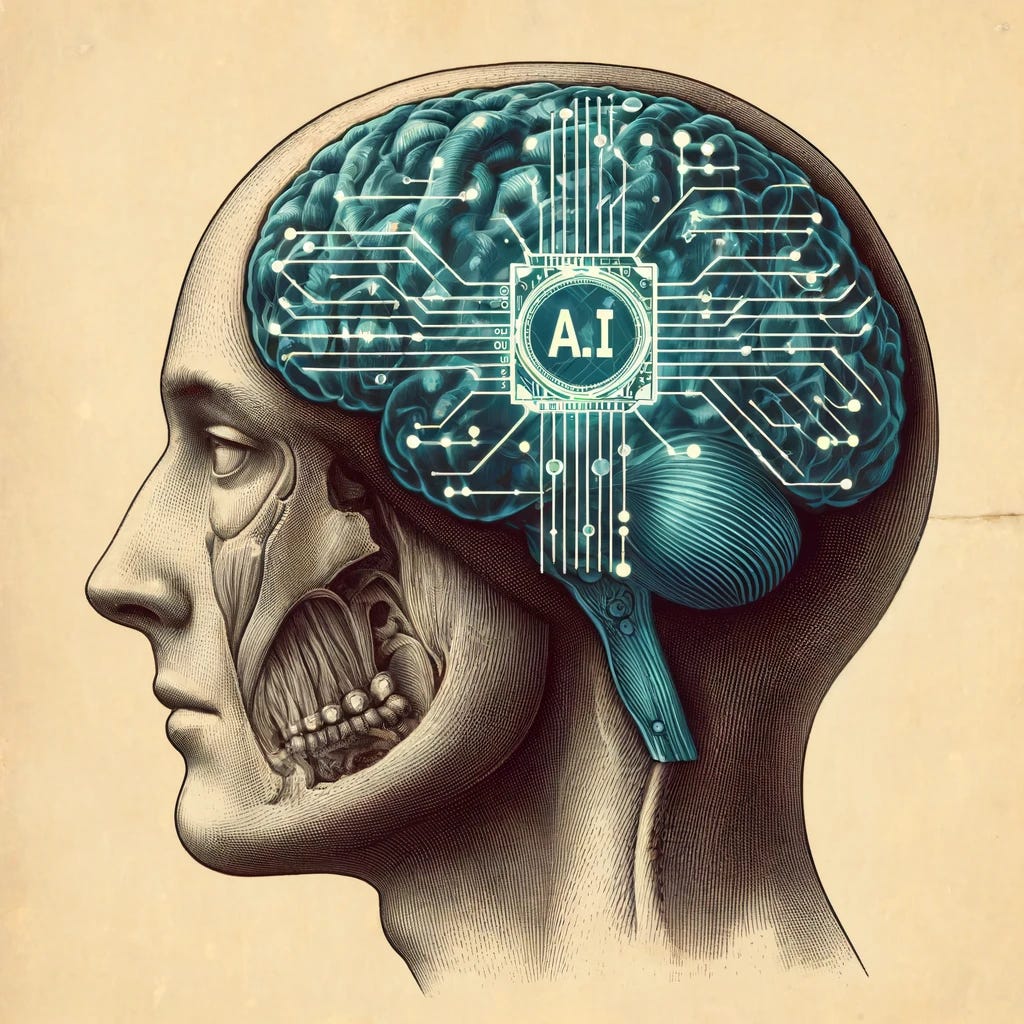"AI Is Not Replacing Workers" And Other Lies About AI
Here are some lies companies have been telling us related to AI.
So far, we have seen many companies launching products with the popular “AI-powered” tagline as a marketing tactic. However, due to this rush to release AI products as quickly as possible, we see that these products often have little relevance to users or simply don’t work.
For example, a package delivery company called DPD implem…



